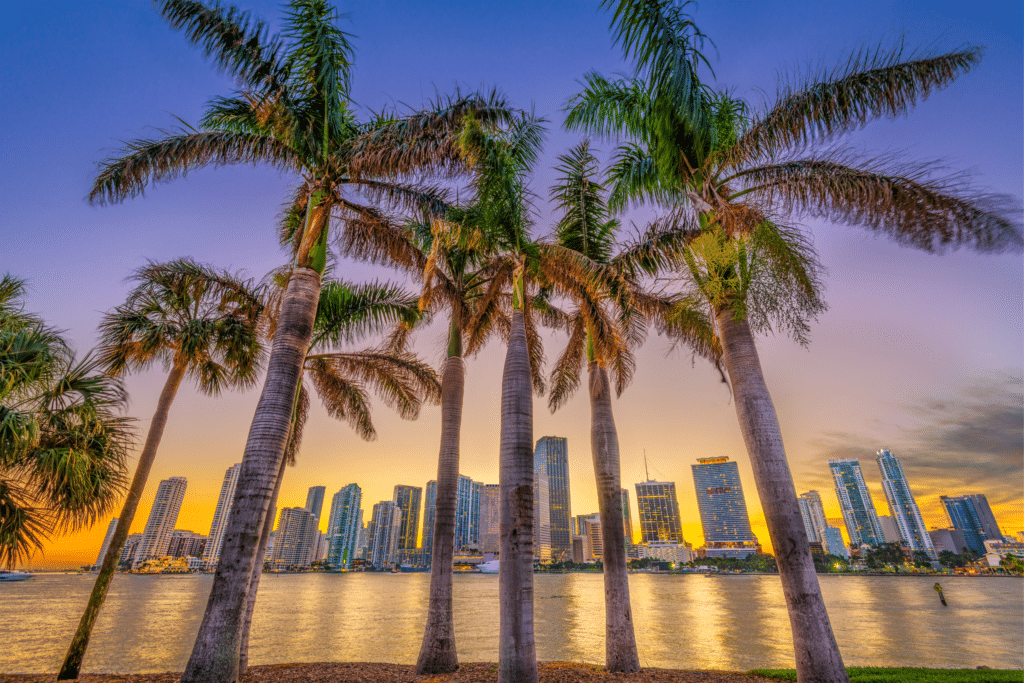Living in Florida has many advantages — year-round sunshine, no state income tax, and a lifestyle that’s hard to beat. But as beautiful as our state is, it’s no secret that we’re also prone to hurricanes, flooding, and other natural disasters.
As a wealth manager who works with clients across the state, I’ve seen how severe weather can significantly disrupt even the most well-structured financial plans.
1. Real Estate and Property Risk
If you own a home or rental property in Florida — especially in coastal areas like Naples, Fort Lauderdale, or Tampa — you already know how weather-related risks affect your investment.
Hidden Costs:
- Flood insurance premiums (which are rising rapidly)
- Roof replacements due to hurricane damage
- Lost rental income from displaced tenants
Pro Tip:
Make sure your umbrella policy and flood coverage are up to date — standard homeowners’ insurance doesn’t cover flood damage.
2. Business Continuity for Practice Owners
Many of my clients are medical professionals or small business owners who run their own practices or firms. A hurricane or extended power outage can shut down your operations — and your income.
Questions I Help Clients Address:
- Do you have business interruption insurance?
- Is your data backed up offsite?
- Do you have a contingency plan for patient or client communication?
3. Portfolio Volatility and the Local Economy
Severe weather doesn’t just affect your home — it can ripple into local economies and sectors that directly impact your investments.
For example:
- Florida-based REITs may suffer if commercial properties are hit.
- Insurance company stocks can take a hit after major natural disasters.
- Tourism-heavy investments may see revenue drops during hurricane season.
4. Emergency Liquidity Planning
Natural disasters often require quick access to cash — for evacuation, repairs, or temporary relocation. But what happens if most of your wealth is tied up in retirement accounts or real estate?
That’s why I always recommend having a liquid emergency fund that can cover 6–12 months of expenses — especially in hurricane-prone areas.
5. Estate and Document Preparedness
When disaster strikes, having the right documents in place can make all the difference. If something were to happen to you or your spouse, would your loved ones know where to find your financial, legal, and medical directives?
Key items I review with clients:
- Durable Power of Attorney
- Healthcare directives
- Digital backups of estate documents
- Offsite cloud storage for wills and trust plans
6. Insurance Isn’t Just a Product — It’s a Strategy
In Florida, insurance planning is not optional — it’s foundational. But too many people don’t review their coverage annually, or they assume they’re protected when they’re not.
Ask Yourself:
- Is your homeowner’s insurance replacement value up to date?
- Do you have windstorm coverage?
- Do you know your deductibles in the event of a hurricane claim?
Insurance planning is not just a safety net — it’s a vital part of your overall financial strategy. At Manna Wealth Management, we help clients work with independent insurance professionals to ensure they’re truly covered.
Final Thoughts: Build Resilience Into Your Wealth Plan
As I always tell my Florida clients — it’s not a matter of if a storm will come, but when. And while you can’t control the weather, you can control how financially prepared you are when it does.
That’s why I encourage you to revisit your financial plan with these questions in mind. Whether you’re a retiree in Boca Raton, a physician in Jacksonville, or a business owner in the Florida Keys, planning for nature’s unpredictability is not just smart — it’s essential.
If you’d like to discuss your own situation or review the disaster resilience of your current financial plan, feel free to reach out to me directly through my bio page or schedule a strategy session through Manna Wealth Management.


